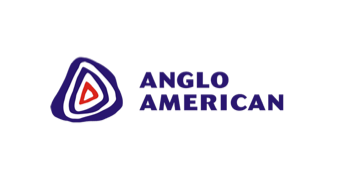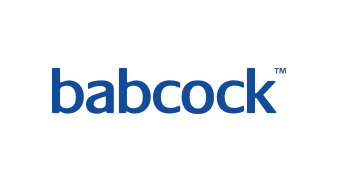
Broad-based ownership schemes
When done right, broad-based ownership schemes are a great way of improving your BEE scorecard while enabling true broad-based empowerment at grass roots level.
You are in good company































Tailored broad-based ownership solutions
Strategically assess scheme options
Target an optimal scheme structure for your business
Collaborate with your legal advisors, or have our attorneys draft robust legal documents
Engage with your BEE verification agency
Support liaison with the BEE Commission
Broad-based ownership scheme Practice Note
Following much uncertainty regarding the feasibility of broad-based ownership, the Department of Trade, Industry and Competition (DTIC) issued a Practice Note which affirmed that:
Broad-based ownership schemes and other collective enterprises are feasible
Discretionary schemes are allowed
Classes of natural persons can be used

Let's set up a call to discuss how we can help you
Resources
ESOP - Achieving BEE Ownership Through Employee Ownership
BEE Ownership, Employee Ownership (ESOP), Competition Commission, Multinational BEE
January 8, 2024
BEE Ownership for Multinationals - An Introduction
BEE Ownership, Employee Ownership (ESOP), Multinational BEE
January 8, 2024
BEE Ownership & Competition Commission: Public Interest Considerations
BEE Ownership, Employee Ownership (ESOP), Competition Commission
January 8, 2024